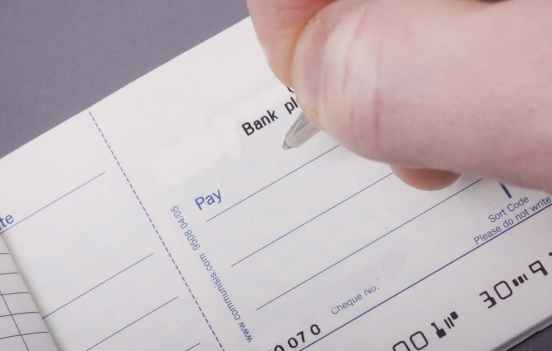Bhuvana Marni
Published on: October 12, 2022 at 22:48 IST
The Supreme Court ruled on Tuesday that presenting a cheque for the total amount without approving the borrower’s part-payment made after the cheque was issued does not constitute a violation of Section 138 of the Negotiable Instruments Act, which prohibits the dishonour of checks.
According to the Court, when a cheque is given for encashment without approving the partial payment, the amount indicated on the check is not the “legally enforceable debt” as defined by Section 138 NI Act.
The cheque must indicate part payments. Part payments must be endorsed on the cheque as per Section 56 of the NI Act.
If such an endorsement is issued, the cheque can be offered for the remaining balance and, according to the Court, if a cheque with such an endorsement of the part payment is dishonoured, an offence under Section 138 of the NI Act would result.
In this instance, a cheque for Rs. 20 lakhs was issued.
A portion payment of Rs. 4,09,315 was made by the borrower to the cheque drawee after the cheque was issued. However, the cheque for Rs 20 lakhs was handed in without endorsing the part payment.
The Supreme Court noted that in this factual scenario, the complaint under Section 138 NI Act is not sustainable when the cheque got dishonoured after being presented for the full amount.
A bench consisting of Justices DY Chandrachud and Hima Kohli stated the findings as follows in affirming the Gujarat High Court’s decision that authorized the acquittal of the accused in the case:
1. The dishonoured cheque must represent a legally enforceable debt on the date of maturity or presentation for Section 138 to be violated;
2. If the cheque’s drawer pays part or all of the amount between the time the check is drawn and when it is cashed at maturity, the amount that is legally enforceable at maturity will not match the amount shown on the cheque;
3. The cheque must be endorsed as required by Section 56 of the Act whenever the cheque drawer pays all or part of the amount stated on the cheque. The balance, if any, may be negotiated using the cheque that was endorsed with the payment made. When the endorsed cheque is sought to be cashed at maturity and is dishonoured, Section 138 of the Penal Code will apply;
The Court noted that the accused had made partial payments in the current case after the debt had been incurred but before the cheque was presented for encashment.
The amount of Rupees 20 lakhs that was shown on the cheque wasn’t the legally enforceable debt on the day of maturity. Hence, the accused cannot be deemed to have committed an offence under Section 138 NI Act.
The court in this case also noticed that a notice of demand for Rupees 20 lakhs had been issued.
The Supreme Court rejected the appeal made against the Gujarat High Court’s decision after considering these reasons.
Case Title: Dashratbhai Trikambhai Patel versus Hitesh Mahendrabhai Patel and Others | Crl. A. No. 1497/2022

